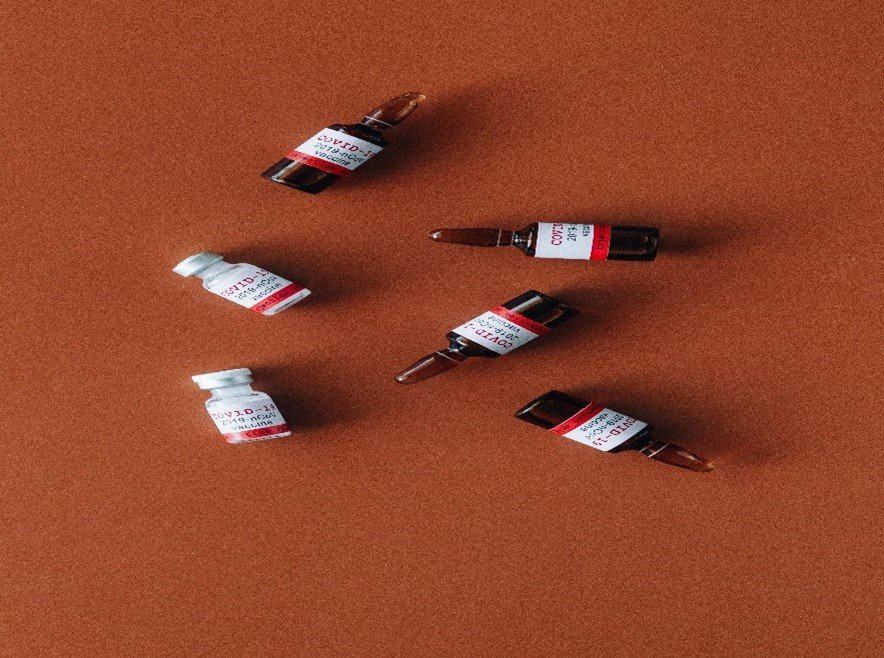When I read about Singapore’s government pledging S$25 billion for its Research, Innovation and Enterprise 2025 plan (The Straits Times, Dec 11, 2020), I was amazed not only by the sheer scale of the investment, but by the vision behind it. The article described how Singapore aims to become a world leader in biomedical research, supporting everything from COVID-19 vaccine development to next-generation cancer therapies. As a student fascinated by biology, it’s exciting to see my country put science at the heart of its national strategy.
What inspires me most is how the article highlights the collaboration between universities, hospitals, and biotech start-ups. Unlike the stereotype of a lone scientist working in isolation, the real breakthroughs come when people from different backgrounds—engineers, doctors, data scientists—work together. At my school, I joined a science outreach program where we teamed up with local medical students to design a health awareness campaign. I saw first-hand how sharing perspectives led to better ideas and deeper learning for everyone.
However, the article also pointed out some challenges: the need for ethical oversight, the importance of supporting young researchers, and the pressure to keep up with rapid global change. I believe that as Singapore invests in labs and technology, we also need to invest in people—especially students like me who dream of making a difference in medicine. Reading about the RIE2025 plan, I feel motivated to contribute to this future, where research doesn’t just stay in the lab but makes a real impact on society.
Clara Tan
- Singapore
- Female
- Year 10, Raffles Institution
- Intended Major: Biomedical Sciences
- Role: Science Editor
- Introduction:
Driven by curiosity and compassion, I love exploring the intersection of science and society. As Science Editor, I seek out stories that make complex research accessible and relevant. My goal is to contribute to medical breakthroughs and advocate for health equity through biomedical science.

